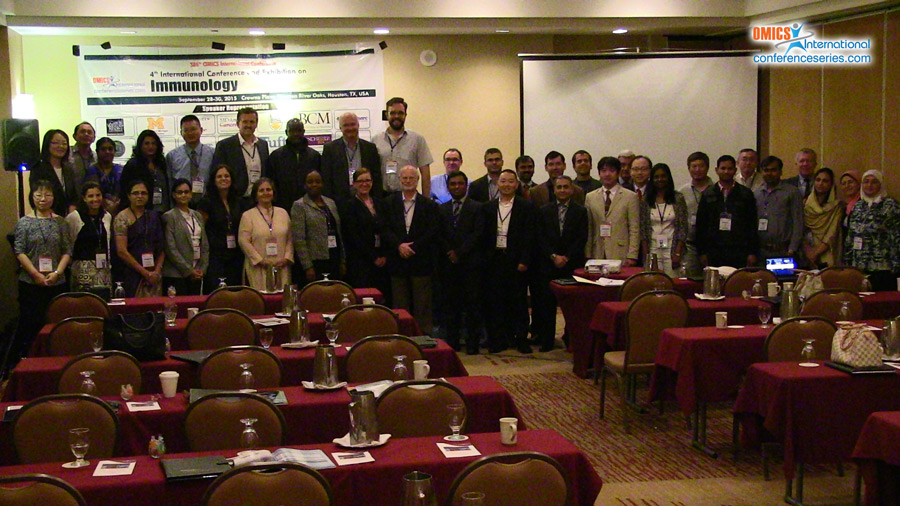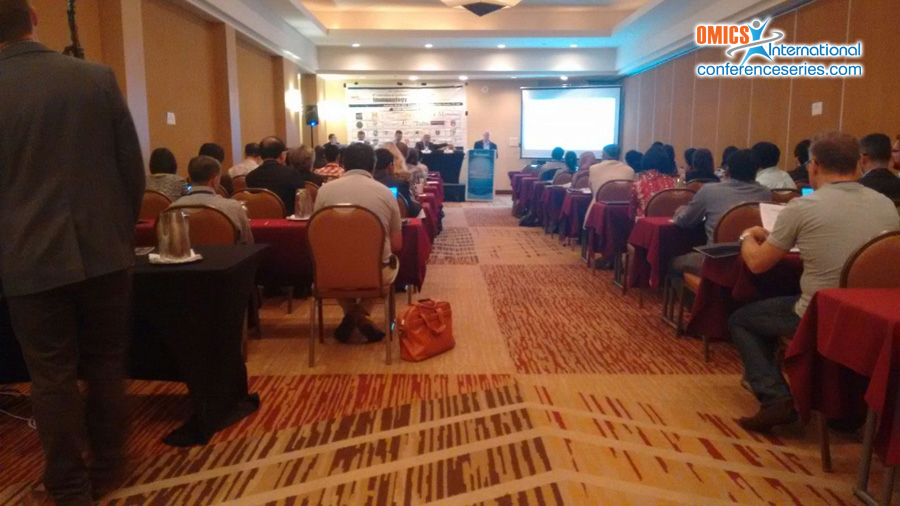
Hadeel Faisal Gad
University of Khartoum, Sudan
Title: In-vitro analysis of cytokines responses of visceral leishmaniasis and pulmonary tuberculosis patients to homologous and heterologous antigen stimulation
Biography
Biography: Hadeel Faisal Gad
Abstract
Background: Leishmaniasis-tuberculosis co-infection has been reported many times mainly in the east region of Africa, but little is known about the immunological interactions of the co-infection. A case control study was carried out to analyze in-vitro cytokines responses in visceral leishmaniasis (VL) patients and pulmonary tuberculosis (TB) patients. Method: The cytokine profiles of 30 leishmaniasis patients, 30 tuberculosis patients and 10 healthy individuals were compared after stimulation with live Leishmania Promastigotes and BCG. Th-1 (IFN-γ and TNF-α), Th-2 (IL-10) and inflammatory cytokine IL-15 were measured in the supernatants of stimulated whole blood samples whole blood using ELISA. Results: The concentration of Th-1 cytokines (IFN-γ and TNF-α) were significantly higher in the supernatants of stimulated whole blood of VL patients compared with TB patients mainly when stimulated by L.donovani antigen. Th-2 cytokine IL-10 was significantly produced by whole blood of TB patients particularly stimulated with BCG. A significant concentration was detected in stimulated whole blood of VL and TB patients compared by healthy controls. Conclusion: The Th-1 cytokines expressions to the homologous antigen stimulation in visceral leishmaniasis patients were higher compared to the non-stimulated which suggests a strong adaptive response. Meanwhile, the Th-2 cytokine IL-10 expression to the homologous antigen stimulation in TB patients was higher than the non-stimulated which led to strong suppression the protective Th-1 cytokines expression. This finding suggests that a re-occurring TB infection may generate a weak protective immune response which could lead to a more persistent infection.
Speaker Presentations
Speaker PDFs
Speaker PPTs Click Here



